Dr. Hari Shukla: Unity in Diversity
Dr. Hari Shukla has tirelessly worked to create racial harmony between diverse communities in UK. At 83 years, his passion for peace continues as does his work towards maintaining it.
Age is just a number for 83-year-old Dr. Hari Shukla. This former test cricket umpire is busy almost seven days a week but is happy to the hilt. His phone never stops ringing. This writer had to wait for nearly 45 minutes to get through to Dr. Shukla.
Retired as the director of Tyne & Wear Racial Equality Council in Newcastle, United Kingdom (UK), Dr. Shukla has for several years, been involved in local and international initiatives of change thus bridging and building work within diverse communities. He has been working tirelessly with the Black Minority Ethnic community (BME) for over 43 years in the UK. For those who do not know, BME is the terminology used in the UK to describe people of non-white descent. This busy octogenarian is the member of 17 committees, out of which he heads five with an objective to look into the overall development
Dr Hari Shukla with his wife and their grandchildren after receiving the CBE (Commander of the Most Excellent Order of the British Empire) from Queen Elizabeth in 2015.
of the BME population settled in the UK. He’s also the chairman of the BME Education Support Group, which monitors the academic progress of the children of the BME population.
Dr. Shukla’s passion for racial harmony is notable. Recently, he mobilised people to form what is believed to be UK’s first ‘Chain of Peace’. Nearly 30 churches, Hindu and Sikh temples and mosques linking the east and west ends of the city, have agreed to organise a prayer service or meeting every month to convey the message of peace and harmony in the society. He has helped bring different religious groups to work together.
An Active Retirement
After retirement in 1994, Dr. Shukla didn’t hang up his boots. Rather, his goodwill gestures to bring the communities together increased manifolds. One such gesture is visiting local schools often to inquire about the welfare of the students. Once, during a visit, he was approached by a middle-class boy.
“I was on a visit to one of the schools in Newcastle. A student came to me and said, Mr Shukla, I want to give back to the society but I don’t have the money. I told him, everyday greet every person you meet on the way. Two weeks later, he came to me and said, ‘Now, I’ve become a good boy. We need to cultivate the art of giving,” he says, recalling the incident.
The recipient of three major awards of Britain, the MBE (Member of the Most Excellent Order of the British Empire) CBE (Commander of the Most Excellent Order of the British Empire) and an OBE (Officer of the Most Excellent Order of the British Empire), Dr. Shukla was also awarded the title of Freeman of the City of Newcastle in 2006 and Ambassador for Peace for encouraging communities and individuals in Newcastle to get to know each other in a better way. He pioneered the ‘City of Peace’ movement in Newcastle in 2008 with the support of the local authorities, various agencies and individuals in the city.
Today, he’s the most sought after person in the area. People from countries like the USA, Germany and France, and as far as China and Hong Kong seek his advice. “Delegation from these countries come to meet and seek my advices in community building. They want to know how communities of various faiths and nationalities can live in coherence,” says Dr. Shukla. He likes to give his delegates hands-on experience about community building by arranging their meetings with the groups, “so that they can have a first-hand knowledge of living together, and respecting each other’s faith and culture.”
Born in 1933 in Kampala, Dr. Shukla’s father was originally from Mumbai. Dr. Shukla worked as a teacher in primary schools in Uganda and Nairobi, Kenya, before moving to Britain in 1973. The following year, he was offered the job of Director of Tyne and Wear Racial Equality. He is married to Ranjana Bala and the couple have three daughters, a son and nine grandchildren between them.
Spirit of Harmony
At 83, his energy is infectious. Asked where does he get his energy from, Dr. Shukla replies, “I don’t like to sit idle at home doing nothing. Every time somebody calls me seeking my help or advice, I am always available for them. I thank them for giving me an opportunity to do something for the society. The more I give and work for the benefit of the people, I become stronger both mentally and physically.”
The former cricket umpire firmly believes, “Just like physical fitness, it is also equally important to be mentally fit. You need to keep feeding your mind with good thoughts.” Dr. Shukla grew up in a family of cricket lovers. Two of his maternal uncles played for the cricket team of Uganda. Although he played a lot of cricket for Kenya, he moved to umpiring in the mid-60s. From 1965-70, Dr Shukla, a recipient of ‘Certificate of Qualified Umpire’ from MCC (Marylebone Cricket Club), umpired several test cricket matches for Kenya before relocating to Britain.
So what keeps Dr. Shukla going? He says, “When migrants say Newcastle is a friendly place to live; there is no tension at all, I like to hear this, and their positive feedback about the region keeps me going.”
Not an Easy Road
However, the social environment of the region was different five decades ago and Dr. Shukla had to work hard at changing it. “Fifty-years back, there was very little understanding between the communities and facilities provided by the governing authorities. One of the reason was also the language problem. Those who wanted to start a business were not supported by the local banks or authorities. They struggled a lot even to set-up a corner shop as they received less or no loans from the banks.”
According to him, the local authorities had done very less for the ethnic minority community. Service providers weren’t keen to understand the needs of these communities, and migrants didn’t have the idea of the facilities that were available at that time.
“When I took over as the director of Tyne & Wear Racial Equality Council in Newcastle, the first thing I did was to identify the communities living. I found there were seven ethnic communities (Pakistani, Bangladeshi, Hindu, Sikh, Chinese, African and West Indies) living in the area for many years. In order to make the plan successful, communication between the groups was important. Initially, I met each of these communities separately to understand their needs and problems, and also made them aware of the importance of communicating with other communities as well,” he adds.
His message to the people was, “the issue can be dealt in two ways—confrontation, or cooperation.”
Today, Dr. Shukla is happy to have his dream come true as all the communities in the Newcastle region work together, hand-in-hand with each other and with the local council. As this octogenarian speaks, one can feel the fire, zeal and enthusiasm oozing out. The word ‘tired’ fails to exist in his dictionary and he is proof to the fact that one can be as active in retirement, as during working life. “Today, Newcastle has the best race relation in the country,” he signs off as he picks up the telephone to answer the next call.
If you wish to reach out to Dr. Shukla regarding his work and help him build bridges, send him an email on hariranju@blueyonder.co.uk
Comments

Jagtar S Sangha
12 Jun, 2014
Could you also find out :; Did he attend the Central Teachers Training College, Desai Road, Nagara, Nairobi to qualify as a professional teacher. What year? Did he teach at City Primary School, Nagara and later taught mathematics at Duke of Gloucester School (after Kenya got independence, Jamhuri High School). What years? Thank you. I lived in Nairobi, Kenya from April,1947 to April, 1972. Grew up there , got educated , qualified as a Secondary School Teacher,, taught at Dagoretti High School, Dagoretti, Nairobi,got married to a Primary School qualified teacher and together we had a daughter. We immigrated to Canada in April, 1972.
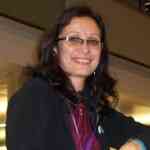
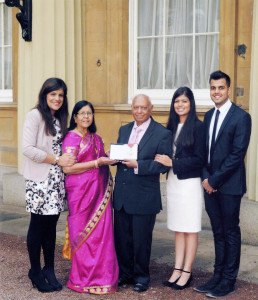
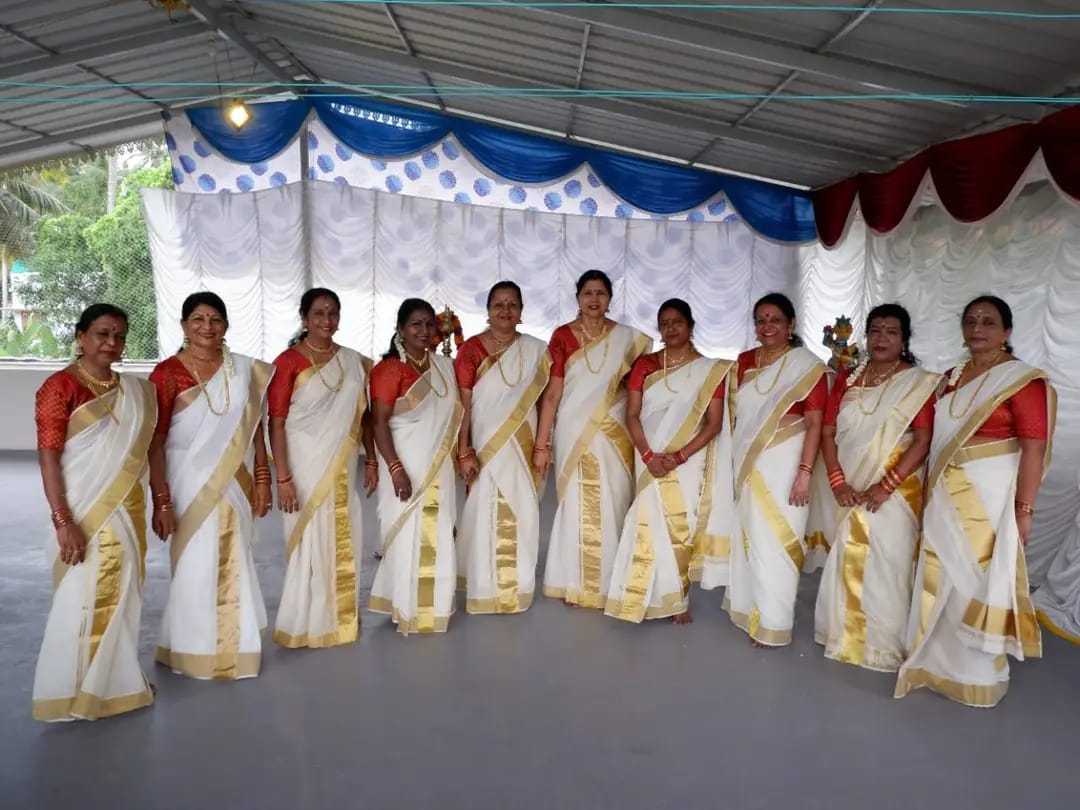
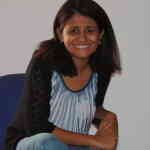

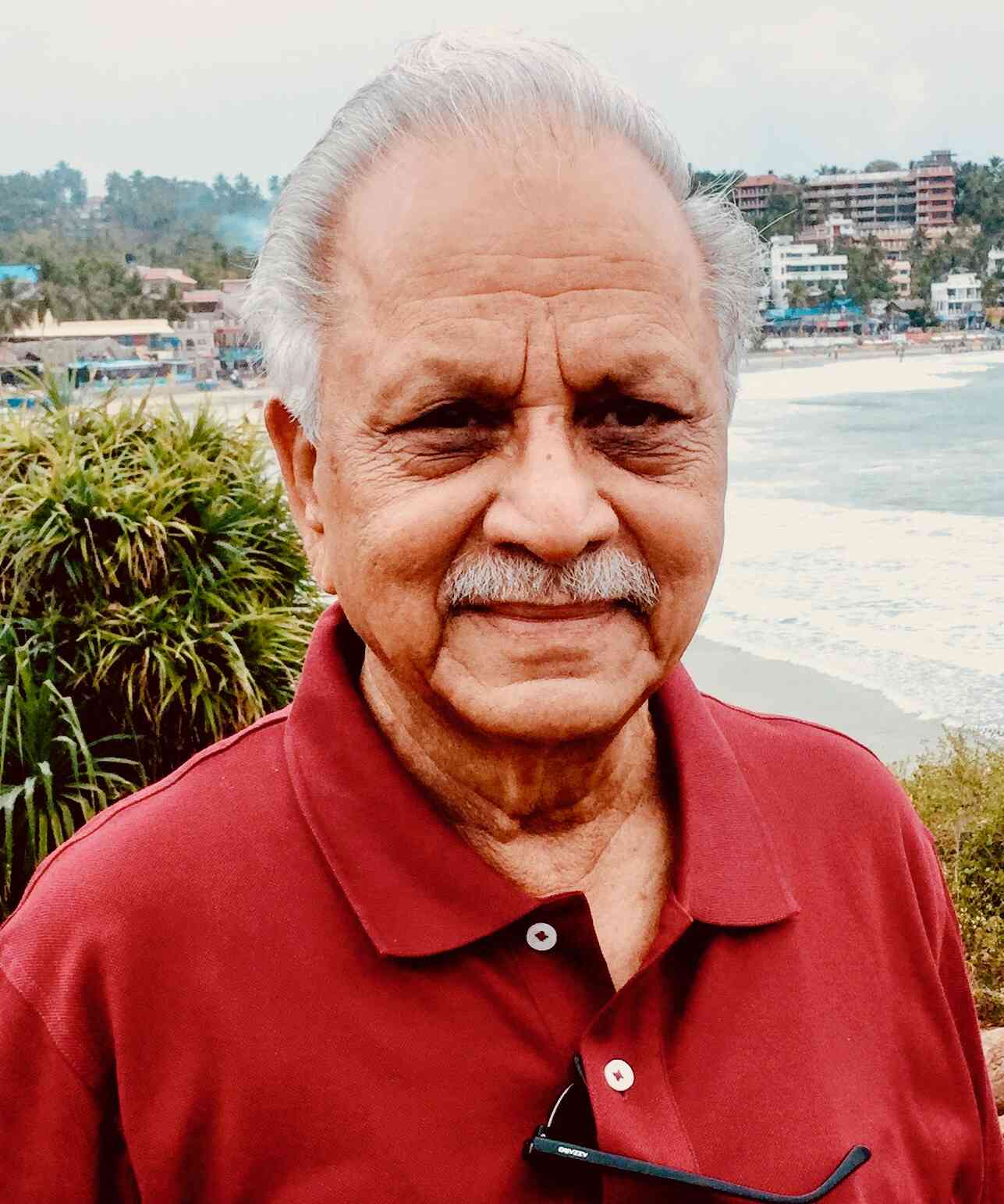
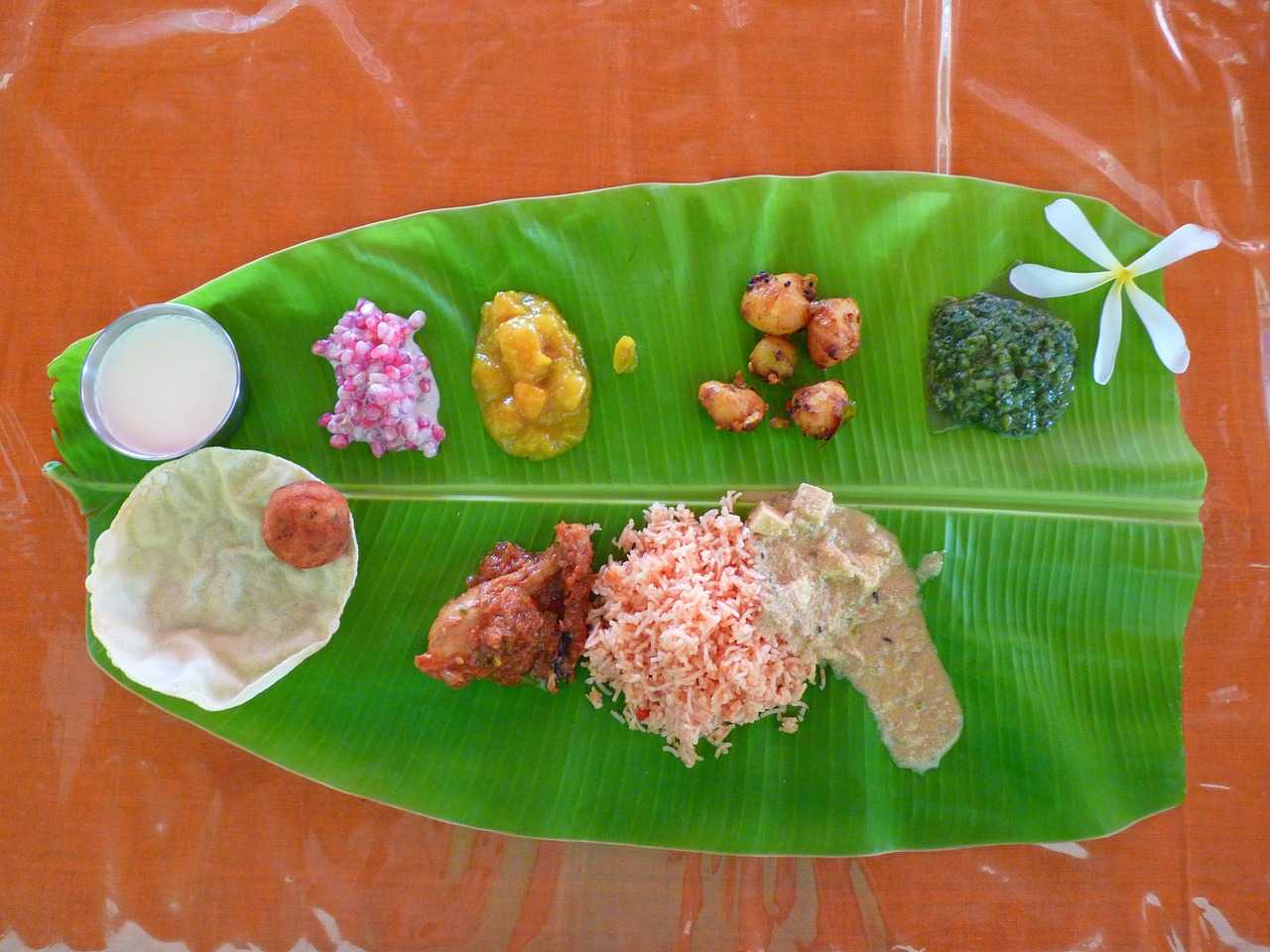
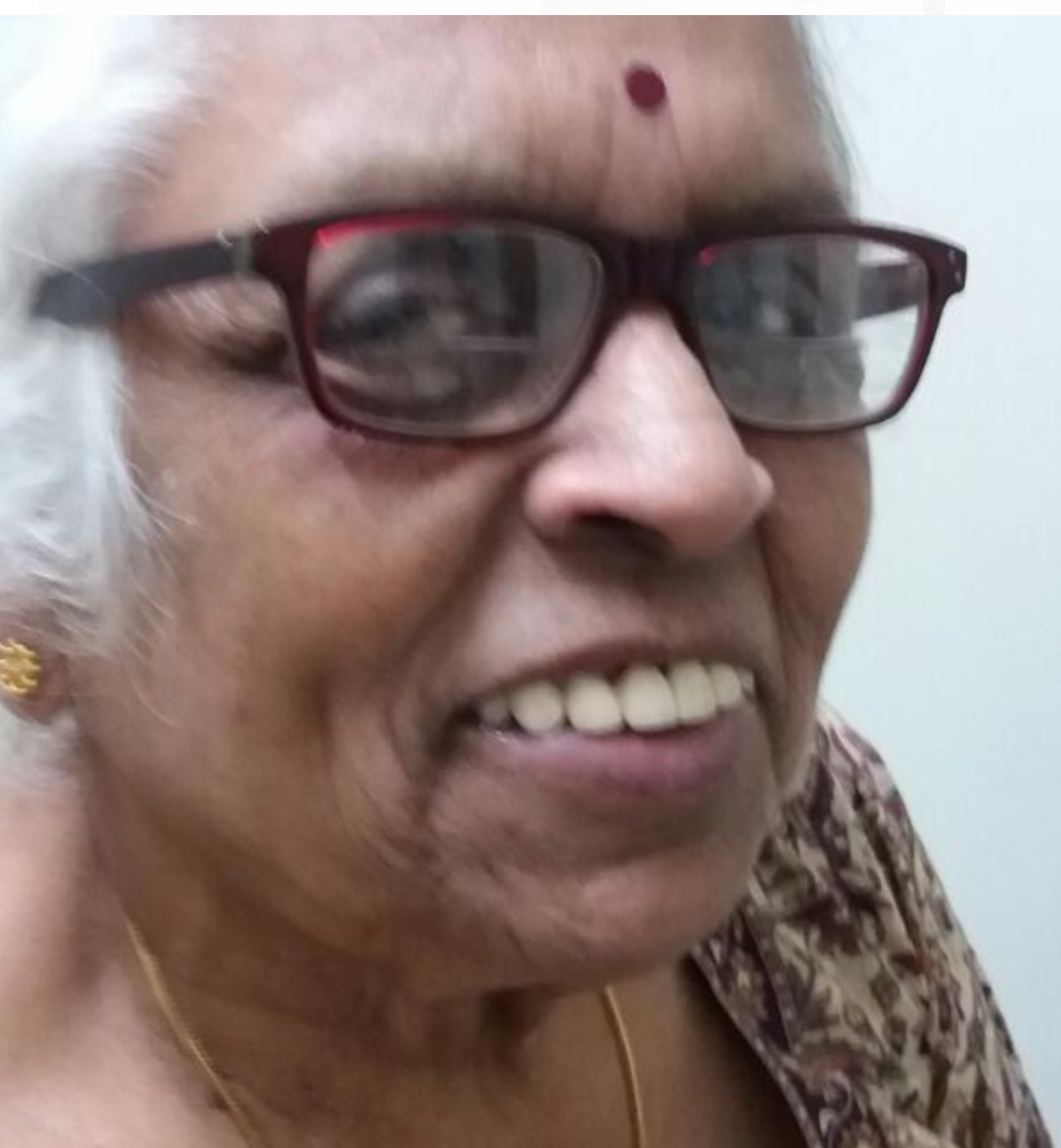
Post a comment